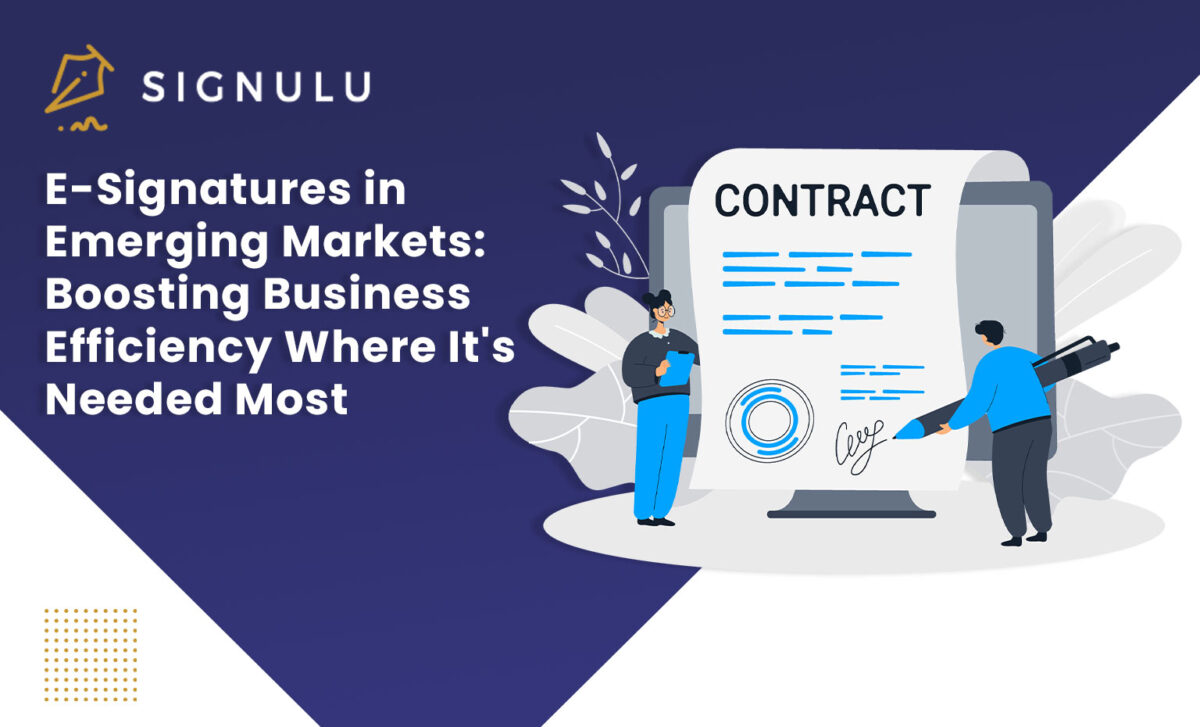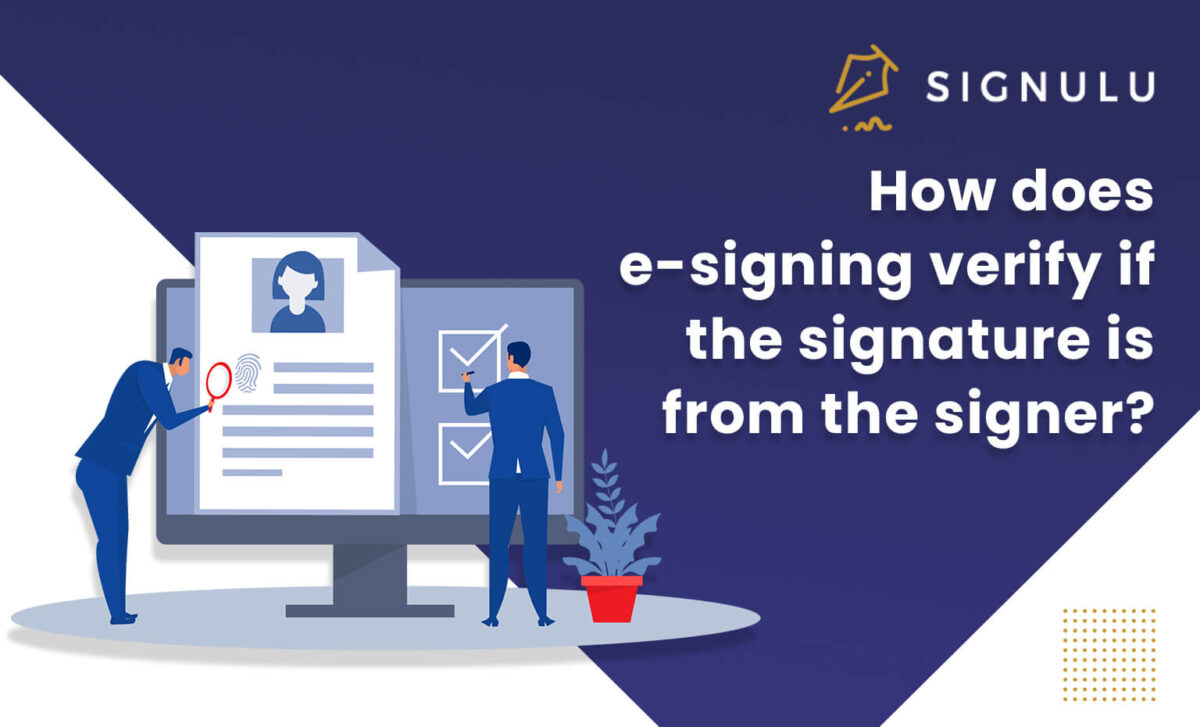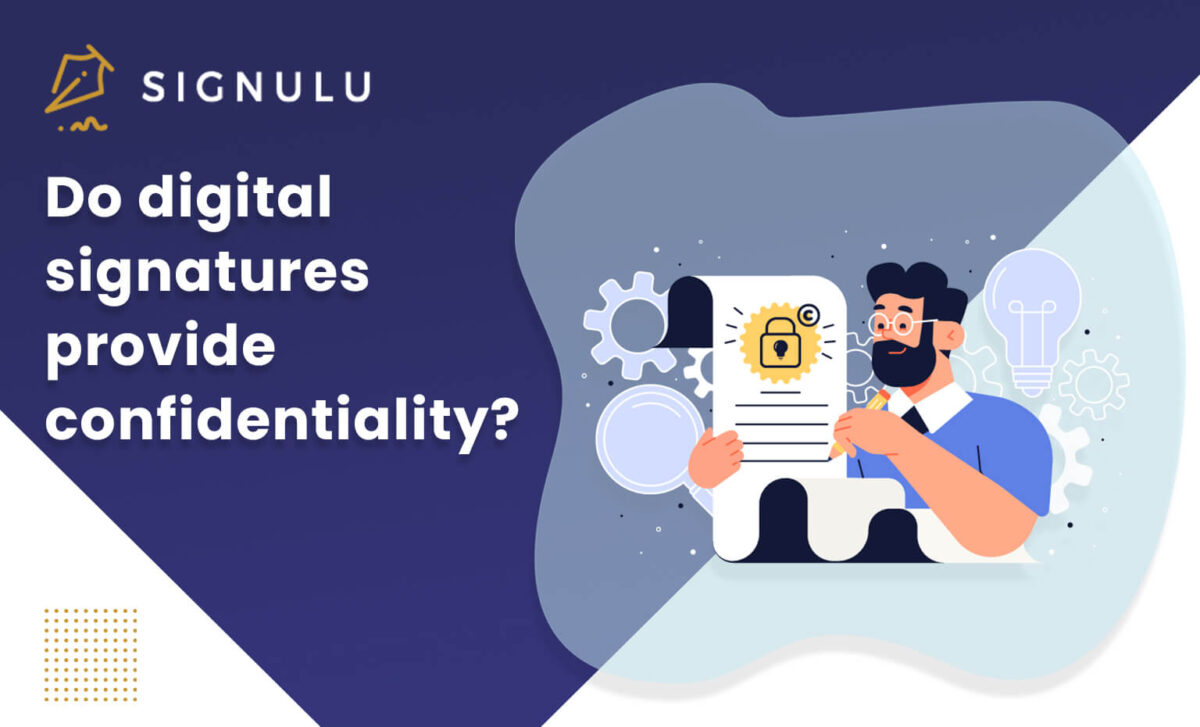As we look towards the future, it is clear that e-signatures will continue to play a pivotal role in digital transactions and business operations. With technological advancements accelerating at an unprecedented pace, the e-signature space is poised for significant transformation. This article explores emerging trends and technologies that will shape the future of e-signatures over the next decade, offering predictions on how these developments will impact digital transactions.
Integration with Emerging Technologies
Blockchain Technology
Blockchain, known for its decentralized and immutable nature, will likely be increasingly integrated with e-signature solutions. By recording e-signatures on a blockchain, the authenticity and integrity of signed documents can be enhanced, providing an additional layer of security and transparency. This integration will be particularly valuable in industries where document integrity is paramount, such as legal, finance, and healthcare.
Artificial Intelligence and Machine Learning
The integration of AI and machine learning with e-signature platforms will revolutionize how documents are processed and signed. AI algorithms can analyze document content to detect anomalies, predict signing behaviors, and automate routine tasks. Features like Signulu’s Document Summarization, powered by Generative AI, enable users to quickly understand key points of lengthy documents, improving efficiency and accuracy.
Enhanced User Experience
Voice and Biometric Signatures
Voice recognition and biometric authentication are set to become standard features in e-signature solutions. These technologies provide a seamless and secure way to verify the identity of signers, reducing the risk of fraud. Biometric data, such as fingerprints or facial recognition, can be used to authenticate users, ensuring that only authorized individuals can sign documents.
Intuitive User Interfaces
The focus on user experience will lead to the development of more intuitive and user-friendly e-signature platforms. Signulu’s GenAI Chatbot, for example, offers real-time assistance and guidance throughout the signing process, making it easier for users to navigate complex documents and resolve any issues promptly. This emphasis on ease of use will drive higher adoption rates across various industries.
Regulatory Evolution and Compliance
Global Standardization
As e-signatures become more ubiquitous, there will be a push towards global standardization of e-signature laws and regulations. This harmonization will simplify cross-border transactions and ensure that e-signatures are legally recognized and enforceable worldwide. Businesses will benefit from a more consistent regulatory framework, reducing the complexity and cost of compliance.
Enhanced Compliance Features
Future e-signature solutions will incorporate advanced compliance features to meet the stringent requirements of various industries. Automated audit trails, tamper-evident seals, and multi-factor authentication will become standard, providing robust security and ensuring that e-signature processes comply with international standards like GDPR, HIPAA, and eIDAS.
Expanding Use Cases
Smart Contracts
The integration of e-signatures with smart contracts will enable fully automated, self-executing agreements. Smart contracts, which are coded to automatically execute when predefined conditions are met, will streamline complex transactions and reduce the need for intermediaries. This innovation will be particularly impactful in industries like real estate, supply chain management, and financial services.
Remote and Hybrid Work Environments
The rise of remote and hybrid work models will drive the demand for e-signature solutions that facilitate seamless collaboration and document management. E-signature platforms will evolve to support remote workflows, enabling teams to sign and manage documents from anywhere, at any time. This flexibility will be essential for maintaining productivity and efficiency in distributed workforces.
Sustainability and Environmental Impact
Paperless Initiatives
The environmental benefits of e-signatures will continue to drive their adoption. By eliminating the need for paper, printing, and physical storage, e-signatures contribute to corporate sustainability goals. Businesses will increasingly adopt e-signature solutions as part of their green initiatives, reducing their carbon footprint and promoting eco-friendly practices.
Conclusion
The future of e-signatures is bright, with emerging technologies and evolving regulatory frameworks driving significant advancements. As e-signatures become more integrated with blockchain, AI, and biometric authentication, they will offer enhanced security, usability, and compliance. These innovations will expand the use cases for e-signatures, making them an indispensable tool for businesses worldwide.
For businesses looking to stay ahead of the curve, Signulu offers a comprehensive e-signature solution with advanced features like Document Summarization and the GenAI Chatbot. These tools provide a smoother and more user-friendly contract-signing experience. To explore the future of e-signatures and transform your document management processes, take advantage of Signulu’s free 14-day trial today.




